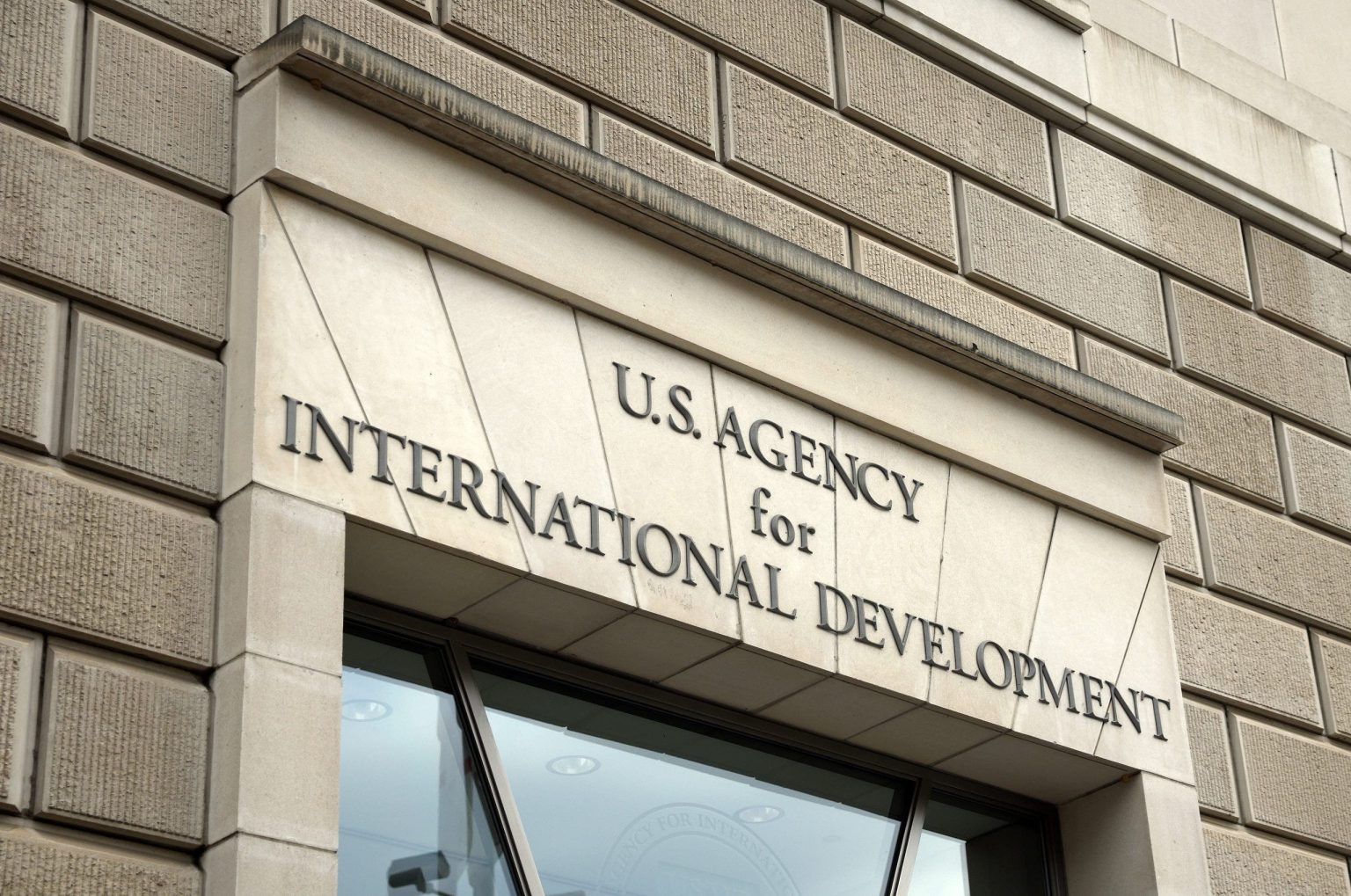The United States Agency for International Development (USAID) is facing a significant restructuring under the direction of Peter Marocco, the State Department’s director of foreign assistance appointed by Secretary Marco Rubio. A vast majority of USAID’s overseas employees are being placed on administrative leave, with reports suggesting a near-complete shutdown of overseas missions and personnel being recalled to the United States by the end of the week. While USAID has confirmed it is developing a plan for the return of overseas staff within 30 days, including the termination of numerous contracts, the abrupt nature of the announcement and the reported threat of military evacuation for non-compliant employees have created considerable uncertainty and concern within the agency.
USAID’s official statement indicates that personnel involved in “mission-critical functions, core leadership and specially designated programs” will be exempt from the recall. Furthermore, the agency has outlined a process for individual exceptions based on specific circumstances such as family hardship, safety concerns, the timing of dependents’ school terms, medical needs, and pregnancy. This suggests an attempt to mitigate the disruption caused by the large-scale personnel recall, but the criteria for these exceptions and the speed at which they will be processed remain unclear.
The drastic actions targeting USAID stem from growing criticism within the Trump administration regarding the agency’s spending practices. The White House has accused USAID of a lack of accountability, alleging the agency funnels vast sums of taxpayer money towards projects deemed frivolous or even harmful, with minimal oversight. This critique aligns with broader concerns about the efficacy and transparency of foreign aid programs, particularly under previous administrations.
Central to the controversy are USAID’s allocations towards diversity, equity, and inclusion (DEI) initiatives initiated during the Biden administration. Critics, including Secretary Rubio, argue that these programs are not aligned with U.S. national interests and represent a misallocation of taxpayer funds. Rubio has gone further, accusing USAID of operating as a “global charity” with little regard for U.S. foreign policy objectives and exhibiting “rank insubordination” towards government oversight. He asserts that USAID employees operate under the belief that they are answerable to no one, contributing to friction and a lack of cooperation with U.S. embassies worldwide.
Adding fuel to the fire are allegations of USAID funds being mismanaged or misused. Senator Jodi Ernst has highlighted several instances where aid money allegedly ended up in the wrong hands or was spent on questionable projects. These examples include accusations of humanitarian aid for Syria falling into the hands of terrorists, funds allocated for Moroccan pottery classes, trade assistance for Ukraine used to finance models’ attendance at fashion events, and millions spent on Afghan agricultural projects that allegedly led to increased opium poppy cultivation. These accusations paint a picture of an agency struggling with oversight and accountability, further justifying the Trump administration’s calls for reform.
The ongoing situation at USAID represents a significant turning point in the agency’s history. The large-scale personnel recall, coupled with the strong criticisms leveled against its spending practices, signals a potential overhaul of its operations and priorities. While the agency’s future remains uncertain, the current actions suggest a shift towards greater alignment with the Trump administration’s foreign policy agenda and a heightened focus on accountability and oversight of taxpayer funds. The long-term consequences of these changes, both for USAID’s staff and the recipients of its aid programs, remain to be seen. The clash between the agency and the administration underscores broader debates about the role and effectiveness of foreign aid in U.S. foreign policy.

